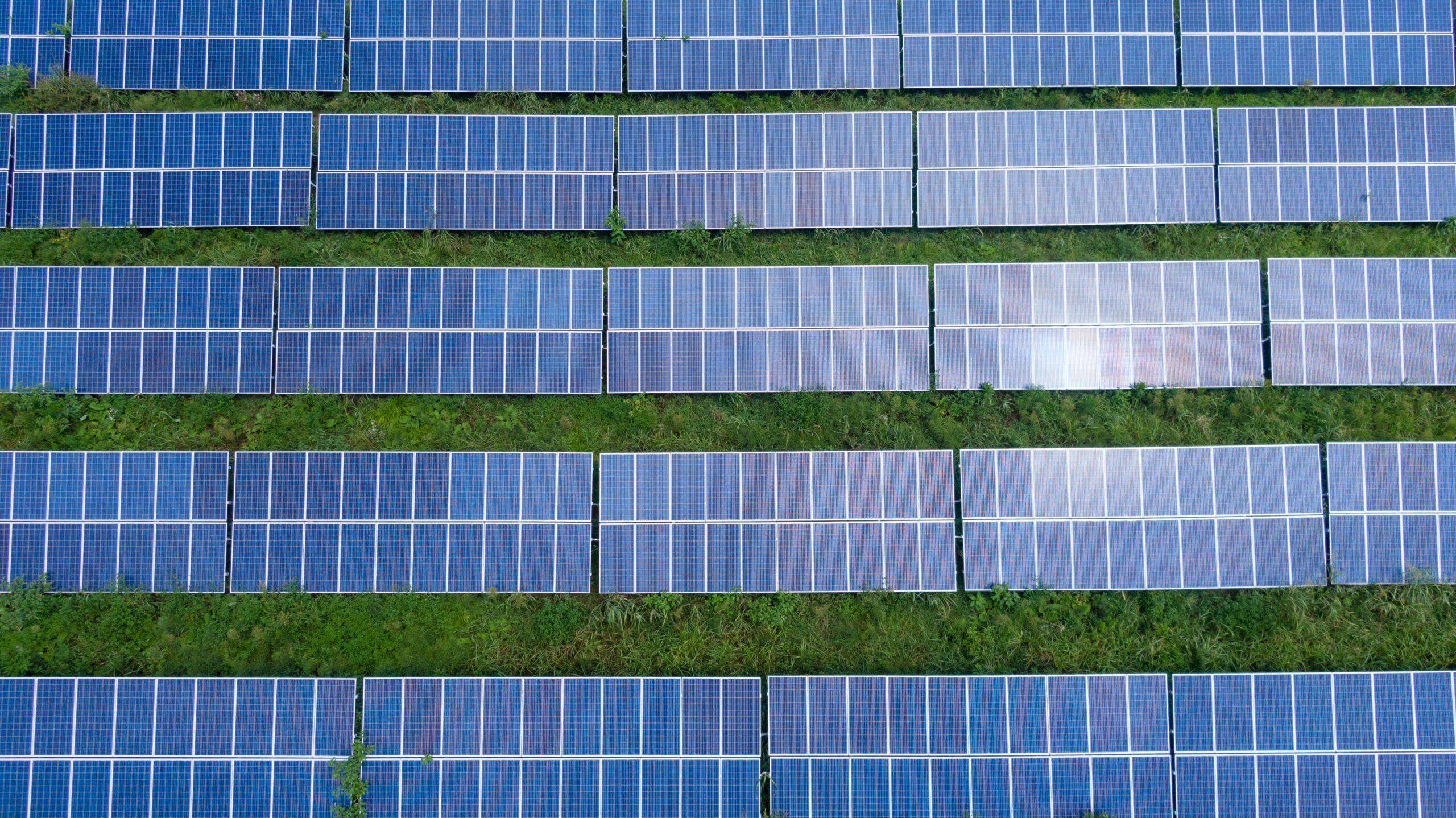The Power of Solar Panels: Advantages and Disadvantages
Harnessing the Sun's Energy for a Sustainable Future
Solar panels, also known as photovoltaic (PV) panels, are devices used to convert light from the sun into electricity. They are a key player in the movement towards renewable energy, offering both environmental and economic benefits. However, there are also drawbacks to consider when opting for solar energy. In this article, we will explore the advantages and disadvantages of solar panels, shedding light on the pros and cons of harnessing the sun's energy for our power needs.
Solar panels have gained popularity as a sustainable and eco-friendly energy solution, touted for their potential to reduce carbon emissions and dependency on non-renewable resources. However, like any technology, they come with their own set of drawbacks. It's essential to weigh the benefits against the limitations to make an informed decision. Let's dive deeper into the world of solar panels to understand their impact.
Pros
Solar panels offer a range of benefits that make them an attractive choice for powering homes and businesses. From cost savings to environmental impact, the advantages of solar energy are compelling. Let's explore the bright side of solar panels.
Renewable Energy Source
One of the most significant advantages of solar panels is their role in harnessing renewable energy. Unlike fossil fuels, the sun's energy is an abundant and virtually inexhaustible resource. By using solar panels, individuals and businesses can reduce their reliance on non-renewable sources, contributing to a more sustainable energy landscape.
Reduced Utility Bills
Solar panels provide a way to generate electricity for your home or business, reducing your dependence on traditional utility companies. By producing your own energy, you can slash your monthly electricity bills, resulting in substantial long-term cost savings. This can be especially beneficial as energy prices continue to fluctuate.
Low Maintenance
Once installed, solar panels require minimal maintenance. With no moving parts, the risk of wear and tear is low, and most reputable manufacturers offer warranties for their products. Routine inspections and occasional cleaning are usually sufficient to keep solar panels functioning at peak efficiency.
Environmental Benefits
The use of solar panels helps to reduce carbon emissions and lower the carbon footprint of homes and businesses. By generating clean electricity from the sun, solar energy contributes to mitigating climate change and air pollution. It offers a way to embrace sustainable living and demonstrate environmental responsibility.
Energy Independence
Solar panels empower individuals and communities to gain greater energy independence. Instead of relying solely on centralized power grids, which are susceptible to outages and price fluctuations, solar panel owners can generate their own energy, ensuring a more stable and secure power supply.
Energy Storage Options
One advantage of solar panels is the potential for energy storage options, such as batteries. This allows users to store excess energy generated during peak sunlight hours for use during periods of low sunlight or at night, increasing the overall efficiency and reliability of solar energy systems.
Government Incentives
Another benefit of solar panels is the availability of government incentives and rebates. Many governments offer financial incentives, tax credits, or rebates to encourage the adoption of solar energy. These incentives can significantly reduce the initial investment and make solar panels more affordable for homeowners and businesses.
Missing a pro?
Let us know which pro you are missing!
Cons
While solar panels offer numerous advantages, there are also challenges and limitations that should be taken into consideration. Understanding the potential drawbacks of solar energy is crucial for making informed decisions about its adoption.
High Initial Costs
One of the main barriers to the widespread adoption of solar panels is the high initial investment required for purchase and installation. While the costs have decreased over the years, the upfront expenses can still be prohibitive for some homeowners and businesses, posing a financial barrier to entry.
Intermittent Energy Production
Solar energy production is dependent on sunlight, making it intermittent. This means that solar panels cannot generate electricity at night or during overcast weather. As a result, supplementary energy storage solutions or backup power sources are needed to ensure a consistent power supply, adding to the overall system costs.
Space Requirements
To generate significant amounts of electricity, solar panels require a considerable amount of space, especially for larger installations. This can be challenging for properties with limited rooftop or land area. It may also affect the aesthetic appeal of buildings, leading to concerns about architectural integration.
Resource Limitations
The production of solar panels involves the use of various raw materials, some of which are non-renewable. Additionally, there are concerns about the environmental impact of mining and processing these materials. Furthermore, the lifespan of solar panels raises questions about the management of end-of-life disposal and recycling.
Weather Dependency
Solar panels are sensitive to weather conditions, and their efficiency is influenced by factors such as temperature, sunlight intensity, and shading. Extreme weather events, such as hailstorms, can also pose risks to the integrity of solar panels, necessitating appropriate protective measures and insurance considerations.
Aesthetic Impact
One disadvantage of solar panels is the potential aesthetic impact on buildings. Some individuals may find the appearance of solar panels unappealing or detrimental to the visual appeal of their property, which can be a concern for architectural and aesthetic reasons.
Complex Installation
Another drawback of solar panels is the complexity of the installation process. Proper installation of solar panels requires knowledge of electrical systems, roofing, and structural considerations. Improper installation can lead to performance issues or safety hazards, making professional installation important but also adding to the overall costs.
Missing a con?
Let us know which con you are missing!
Conclusion
Solar panels present a compelling case for sustainable energy generation, offering a host of benefits from reduced utility bills to environmental stewardship. However, the high upfront costs and intermittent nature of solar energy production pose significant challenges. As technology advances and innovations continue, addressing these drawbacks will become increasingly feasible. By carefully weighing the advantages and disadvantages, individuals and organizations can make informed decisions about integrating solar panels into their energy strategies.
What do you think?
Do you think the pros outweigh the cons?






